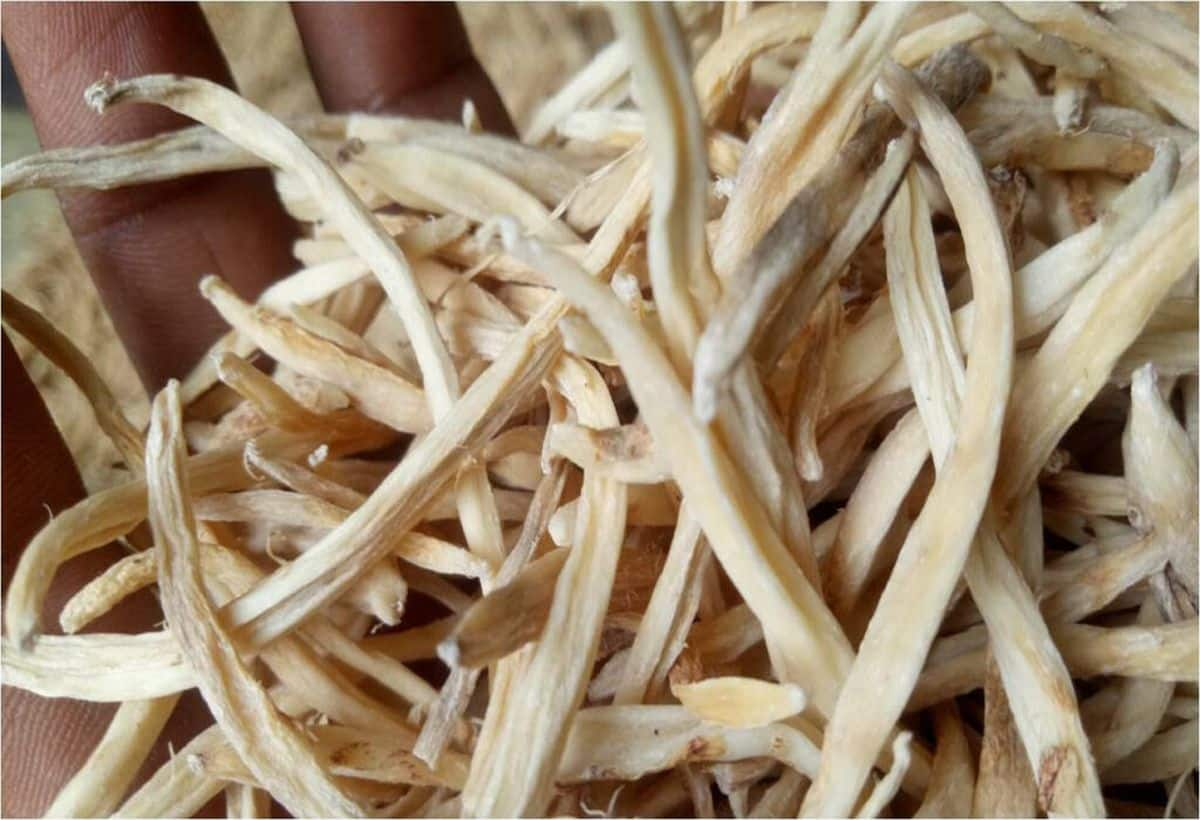Understanding Diabetes and the Role of White Musli
Diabetes management is crucial for maintaining a healthy lifestyle. Patients with diabetes are often advised to incorporate specific foods into their diets to help regulate blood sugar levels. One such potent herbal remedy is White Musli (Chlorophytum borivilianum). This herb is renowned for its numerous health benefits and is recognized not just for enhancing stamina, but also for its potential to aid in diabetes management. In this article, we will explore the various advantages of White Musli and its effectiveness in controlling blood sugar levels.
What is White Musli?
White Musli is a traditional herb commonly found in India and other parts of South Asia. It belongs to the Asparagaceae family and is prized for its medicinal properties. The roots of the plant are typically used for therapeutic purposes, and they have been utilized in Ayurvedic medicine for centuries.
Nutritional Profile
This herb is rich in essential nutrients, including vitamins, minerals, and antioxidants. It contains significant levels of saponins, which are known for their anti-inflammatory and hypoglycemic effects. Additionally, it provides protein and fiber, making it a valuable addition to the diet of those managing diabetes.
Health Benefits of White Musli for Diabetic Patients
1. Blood Sugar Control
One of the most compelling reasons to include White Musli in the diet of diabetes patients is its ability to help regulate blood sugar levels. Studies have shown that the herb can improve insulin sensitivity, thus aiding the body in utilizing glucose more effectively. This can lead to stabilized blood sugar levels and a reduction in the risk of diabetic complications.
2. Enhanced Stamina and Energy
While many recognize White Musli as a stamina booster, its energy-enhancing properties contribute to overall well-being, allowing diabetic patients to maintain an active lifestyle. Increased stamina can subsequently help patients exercise more, which is vital for managing diabetes.
3. Anti-Inflammatory Properties
Chronic inflammation is often associated with diabetes and can worsen insulin resistance. White Musli has anti-inflammatory properties that can help in reducing inflammation, promoting better insulin response, and thus supporting overall health.
How to Incorporate White Musli into Your Diet
White Musli can be consumed in various forms, including powder, capsules, and extracts. Here are some practical ways to include it in your daily routine:
- White Musli Powder: Mix the powder with warm water or milk and consume it in the morning.
- Smoothies: Add White Musli powder to smoothies for a nutritious boost.
- Capsules: For those who prefer convenience, White Musli capsules are available as dietary supplements.
Precautions and Considerations
While White Musli is generally safe for consumption, it is advisable for diabetes patients to consult with a healthcare provider before adding it to their diet, especially if they are on medication to control their blood sugar levels. Regular monitoring of blood sugar is essential to avoid any adverse effects or interactions.
Conclusion
Incorporating White Musli into a diabetes management plan can be a valuable strategy for regulating blood sugar levels and improving overall health. By leveraging the medicinal properties of this herb, diabetic patients can take a proactive approach to their health, promoting better outcomes and quality of life.
